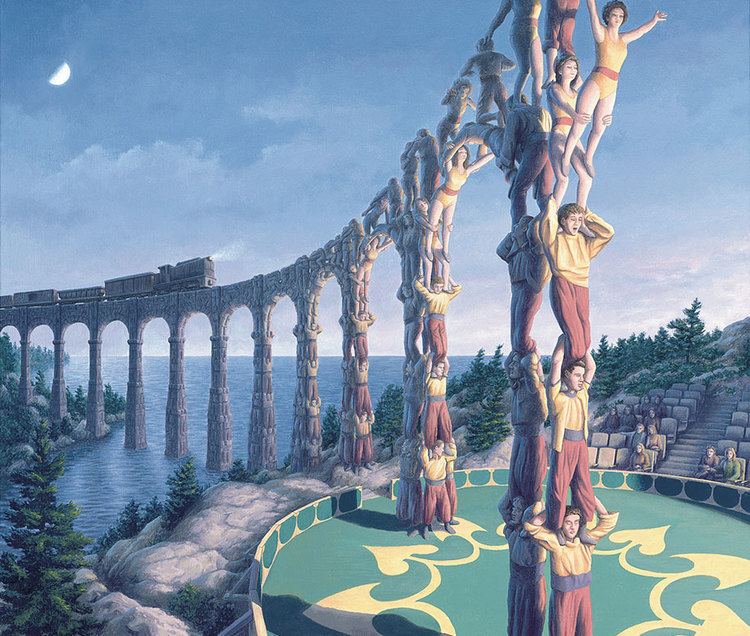I continued my deep dive into magical realism this week, and in doing so, I discovered something important. Very few people agree on the actual definition of magical realism. Is it fantasy? A sub-genre of fantasy? What elements are required? How much magic must be present? It would seem that we are not about to decide on a definitive definition of magical realism any time soon. But that just makes the topic all the more fascinating to me. That being said, I did find some common definitions/agreed upon elements.
- Realistic setting. I mean, it’s really there in the title. In order for something to be defined as magical realism, it has to be grounded in a realistic setting. This is different from fantasy stories that create entirely new worlds and lands. Magical realism is grounded in the real world. Of course, the definition of real world is always up for debate, but that’s a whole other deep dive.
- Magical elements. Again, it’s right there in the title. Magical realism stories include magical elements, but they are presented as completely normal, and therefore do not elicit commentary within the story. Characters do not stare awe-struck at a dragon that has suddenly flown overhead. Flying dragons would be just another everyday aspect of life.
- Limited information. This is another important element that distinguishes magical realism from fantasy. Fantasy books often have elaborate and richly detailed magical systems, and their success depends on how well they’ve been explained to the reader. The opposite is true in magical realism. Magical or supernatural elements just exist, and they are deliberately left unexplained to emphasize how normal these occurrences are within the story.
- Critique. Magical realism stories are often used as political and social commentary. The magical elements are used to bring forward progressive ideas and critique the current status quo. This has been cited as one of the reasons why magical realism flourished in Latin America in the 1960s. Authors from that region had plenty to critique during that time.
I also read about plenty of other elements/factors that people think should be included in the definition of magical realism. But the four above were the most consistently discussed, so I figure they’re a good place to start. On separate but not entirely unrelated note, I also came across a video that suggested that most of our dreams could be considered magical realism. It’s a fascinating idea that absolutely made me want to watch Inception again.
Finally, I once again spent most of this week reading. I’m still making my way through One Hundred Years of Solitude, but I also started The Water Dancer by Ta-Nehisi Coates. Because apparently I’m just determined to read as much as possible this month. Not that I’m in any way upset about that.
Happy Sunday all!
Suggestions for artists I should check out? Please contact me with your ideas. I hope you enjoyed your daily helping of art!



